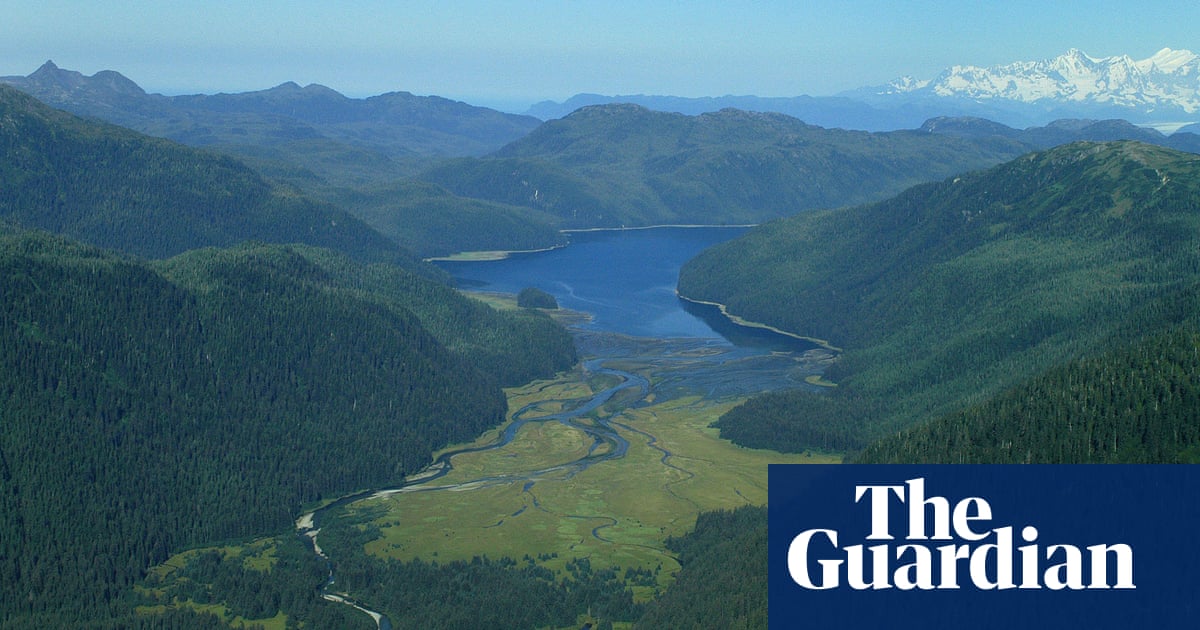Finite Carbon, created in 2009 and bought by British multinational oil and gas giant BP in 2020, is responsible for more than a quarter of the US’s total carbon credits, which it says it generates from protecting more than 60 “high credibility, high integrity projects” across 1.6m hectares (4m acres).
However, experts at the offsets ratings agency Renoster and the non-profit CarbonPlan analyzed three projects accounting for almost half of Finite Carbon’s total credits, with an estimated market value of $334m, according to analysis by market intelligence company AlliedOffsets. Renoster found issues, including trees in a project in the Alaska Panhandle that were probably never in danger of being cut down in an already extensively logged area. Of the credits Renoster looked at, they found that about 79% should not have been issued.
Renoster, a company mostly used by prospective buyers of carbon credits to help them avoid those without real climate benefits, was commissioned by the non-profit newsroom SourceMaterial to examine Finite’s projects. CarbonPlan provided additional analysis.



Keep in mind that decomposition is for the growth and maintenance of the organisms doing the decomposing, meaning some of that carbon is incorporated into the decomposers, not released to the atmosphere. It would take years or even decades for a dead tree to release most of its captured carbon to the atmosphere. It will eventually happen, though, which is why you need a continual cycle of new growth that helps minimizes net losses due to decomposition.
It’s not perfect but it’s something and done right, which the vast majority of tree carbon credit programs are NOT, is a self perpetuating method of carbon capture.
True, but I wonder how much is retained vs released. You can get little fungus CO2 generators so I assume a significant amount is released.
https://www.mushroomsnaturallystl.com/store/p21/10%23_CO2_Generator.html
IIRC, the reason old trees were able to sink carbon into oil was because they sunk underwater and didn’t decompose in an aerobic manner. Gotta get that carbon back into the deep underground somehow.